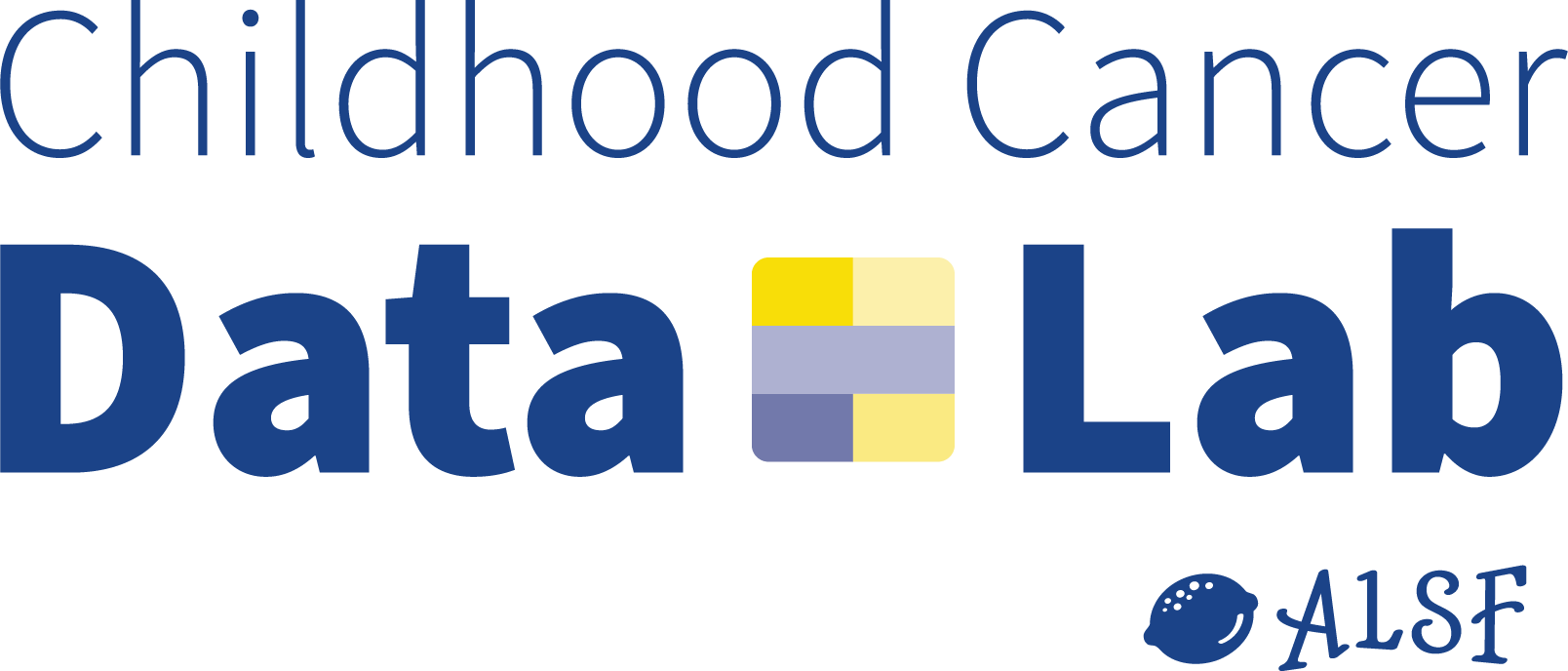Includes Bulk RNA-Seq
59 Downloadable Samples
Cell
10Xv3
Bulk RNA-seq, CITE-seq
Early T cell precursor acute lymphoblastic leukemia (ETP ALL) is a subtype of T cell acute lymphoblastic leukemia (T-ALL) that arises from an early T cell lineage clone, represents 10-15% of T-ALL cases, and has genetic alterations distinct from non-ETP T-ALL. While the survival for children with ETP ALL is similar to non-ETP T-ALL, the reason for treatment failure differs. Relapse is the most common reason for treatment failure in non-ETP T-ALL, and failure to respond to therapy and attain remission is the most common reason in ETP ALL. It is unknown why ETP ALL responds differently than non-ETP ALL. It is also unknown why some children with ETP ALL are cured, and others are not. The genetic alterations in ETP ALL, as defined by bulk sequencing, are more similar to acute myelogenous leukemia (AML) or T-myeloid mixed-phenotype acute leukemia (TM-MPAL) than T-ALL. We recently received a NIH X01 grant to perform comprehensive genomic profiling on 1262 cases of T-ALL treated on the AALL0434 clinical trial. This sequencing will include whole genome sequencing (WGS), whole exome sequencing (WES), transcriptome profiling (RNA-Seq), and copy number analysis (SNP). Unfortunately, bulk sequencing will not recapitulate clonal architecture or identify rare or heterogeneous cell populations that may help identify high risk patients. Using innovative single cell technologies, we can enhance our understanding of clonal diversity in ETP ALL. We hypothesize that single-cell RNA-Seq will enhance the understanding of the clonal diversity of ETP ALL, improving the understanding of ETP disease biology and allowing for the prospective identification of patients at diagnosis likely to fail conventional therapy who would be better served by alternative approaches. We obtained single-cell RNA-Seq and CITE-seq from 30 cases of ETP ALL, including samples collected at diagnosis from children who responded to treatment, children who failed to respond to treatment, and children who responded to treatment and relapsed. We also obtained scRNA-Seq and CITE-seq on 8 cases of acute myelogenous leukemia, 11 cases of non-ETP T-ALL, and 10 cases of T-myeloid MPAL. This data enables new understanding of leukemogenesis in patients with subtypes of leukemia that have similar immunophenotypes and comparable genomics by bulk sequencing but arise from different hematopoietic progenitors and respond differently to therapy. This work may identify targetable lesions that may be used to tailor future therapy and has the potential to significantly impact the diagnosis and management of patients with ETP ALL, an underserved and understudied population of childhood leukemia.

